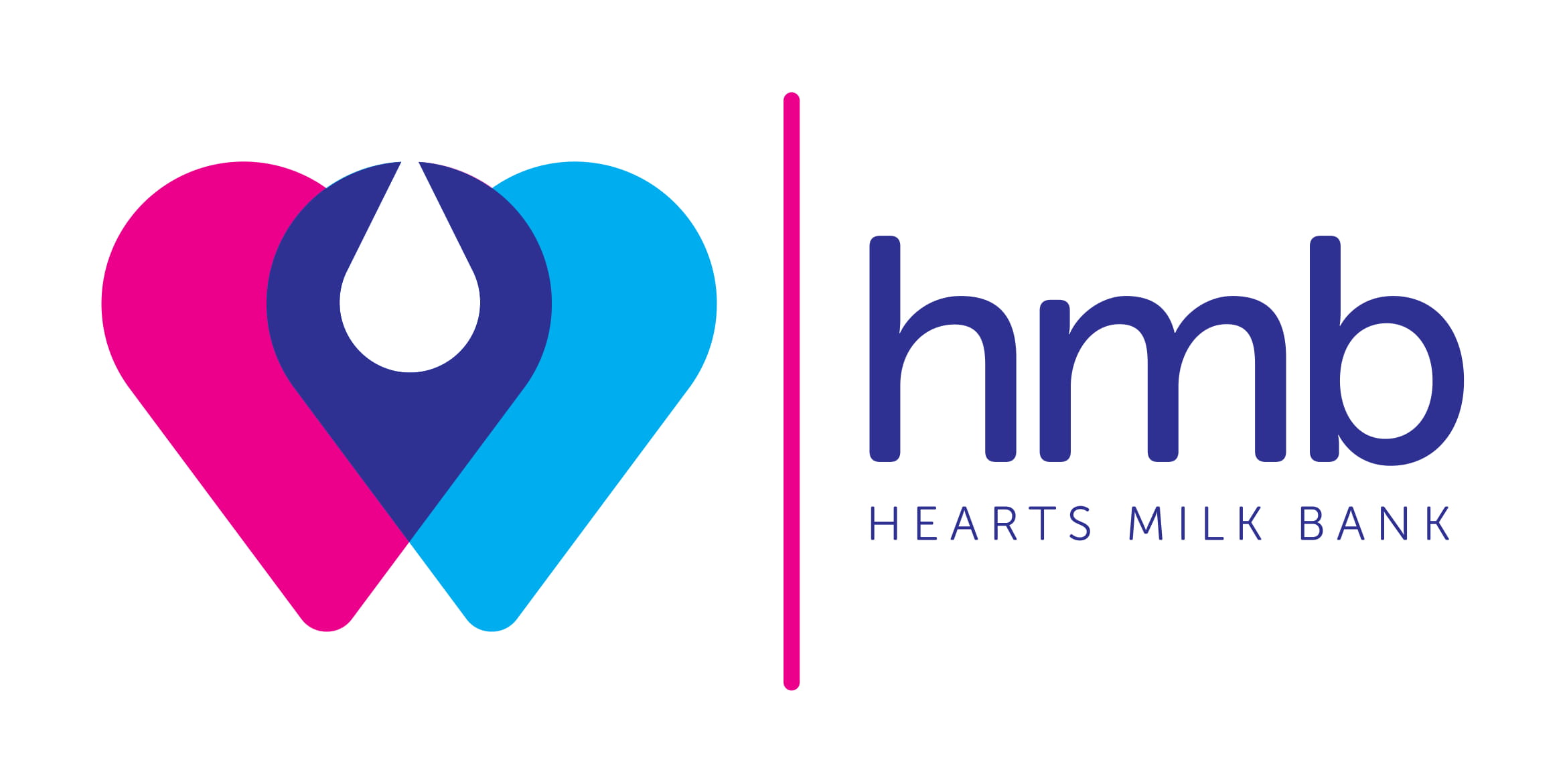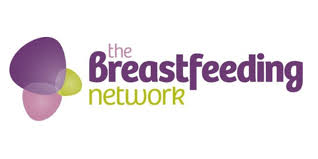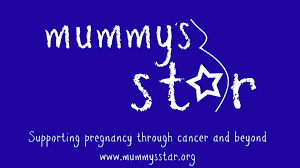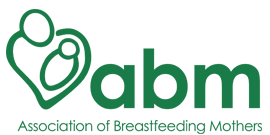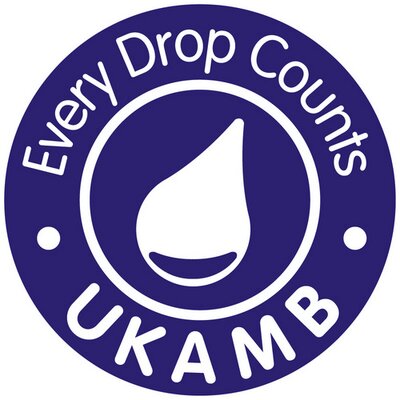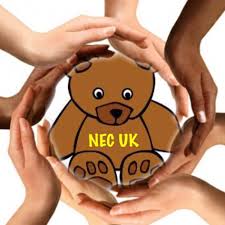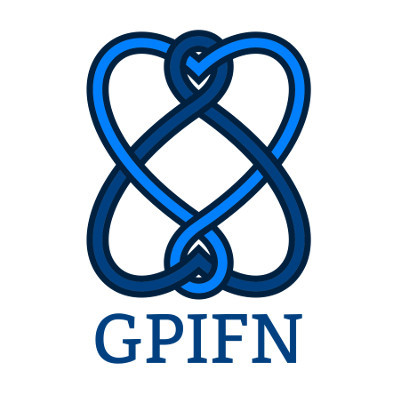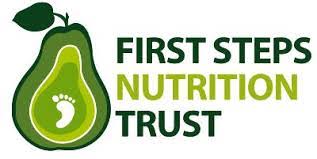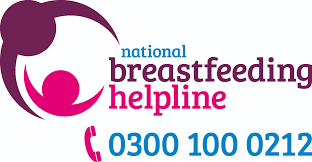As the clinical and scientific evidence for the importance of supporting mums to breastfeeding and protect vulnerable babies from non-human milk, more hospitals are using screened donor milk from non-profit human milk banks to bridge the gap between the baby needing feeding, and mum’s full milk supply coming in.
All milk banks follow very strict guidelines that bring safety to the core of every step of the process. Donors are rigorously screened, milk is heat-treated (pasteurised) and then checked before and after treatment for any bacterial contamination. At the Hearts Milk Bank, we have to discard around 12% of all milk because there are too many bacteria in the milk when it is donated. We work with donors to understand why this is happening, and usually some fairly simple changes to basic cleaning processes make all the difference. We also test every batch of milk after pasteurisation to know that it is effectively sterile before dispatch to neonatal units.
All milk banks follow similar procedures, which is why there has never been a case of a baby in the UK coming to harm from contaminated donor milk.
We were therefore deeply saddened to see the news from Pennsylvania this morning of the tragic deaths of three babies, and infection of a further five babies. Many of the media reports are using headlines describing ‘tainted donor milk’ or ‘contaminated donated milk’. However, the statement from the hospital makes it very clear that the donor milk was not the issue, but the equipment used to measure the milk while preparing feeds. We support this statement on this tragic event from HMBANA, the Human Milk Bank Association of North America which represents 28 of our sister non-profit human milk banks.
Like all foods, donor milk can be contaminated during its handling and preparation in the hospital. That is why we check every batch of donor milk after pasteurisation at Hearts. Milk evolved to support bacteria to grow – babies rely on its unique composition to develop a healthy microbiome. However, when equpiment used to prepare milk, whether formula, donor milk or mother’s, to feed sick babies is not cleaned properly, large numbers of harmful bacteria can grow.
When donor milk leaves Hearts, it is reassuring to know that UK neonatal units follow strict guidelines around the preparation of all milk given to babies in hospital. At the Hearts Milk Bank, we also offer training to staff around safe handling before units start to use donor milk.
Importantly, guidance around using donor milk is given in person or over the phone to each family in the community who receives milk for their babies, and we have a 24 hour helpline for any questions.
We will continue to raise the issue of training in this area of healthcare provision, and support other milk banks to ensure that safety continues to be at the heart of everything we do.

